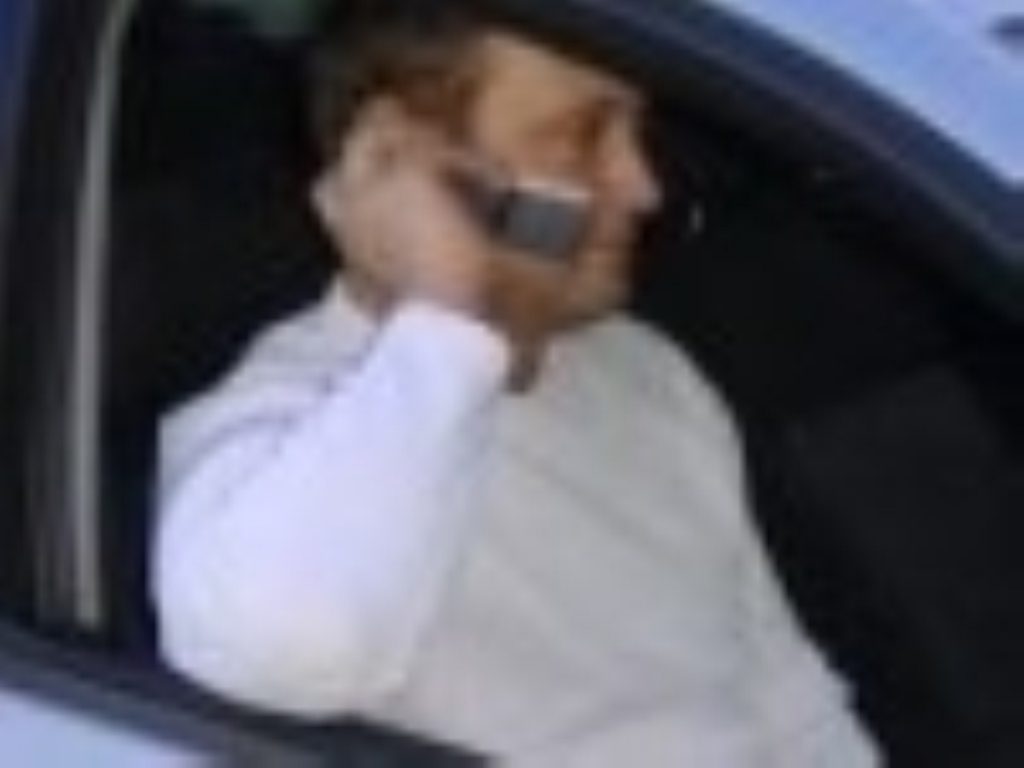Driver chat ‘as risky’ as hands free mobile
Simple mobile phone conversations using a hands-free kit cause the same amount of distraction to a driver as undemanding chat with passengers in the same car, a study has found.
Complex exchanges – whether live or on a mobile – should be avoided as they endanger road users by demanding too much of the driver’s attention, advise scientists from the Spain’s Public Administration for Traffic Safety and the Universidad Complutense in Madrid.
Their study will prove important for “the evaluation of the potential impact of in-car devices, the improvement of intelligent vehicle-user interfaces, and the issue of how to present information to drivers with minimal interference”, they argue.
While it is already widely accepted that drivers’ attention can be diverted by distractions, such as a crying child in the back of the car or an accident on the opposite carriageway, the researchers wanted to examine how internal distractions – such as higher-level mental tasks – hinder drivers’ ability.


“It is easy to understand how one cannot see because of not looking, but it is less obvious to explain how one looks but does not see” Dr Miguel Goldarecena and Dr Luis Gonzalez explain in the June issue of the Journal of Experimental Psychology: Applied.
They studied 12 adults who drove for about four hours on the motorway north of Madrid, in a standard Citroen car fitted with an inconspicuous eye-tracking system that allowed drivers’ eye movement to be monitored for signs of attention and distraction as they performed certain mental tasks.
To test how drivers scanned the road scene and their attention to the speedometer and mirrors, drivers also had to respond to spotlights flashed in their visual field, by pressing buttons fitted to the steering wheel.
The drivers’ performance in ordinary driving was compared to their abilities whilst carrying out a variety of mental tasks, such as listening to recorded audio messages and recalling information.
The psychologists found that receptive tasks such as listening and learning had very little, if any, effect on their driving performance. But when reproducing information they had heard, significant differences were observed.
However a remarkable degree of distraction was produced when drivers were asked to take part in a memory task – recalling detailed information about their activities at a given date or time – or when asked by an experimenter in the car or on a hands-free mobile to do some mental arithmetic (converting between euros and Spanish pesetas).
When doing these more complex mental tasks, drivers looked at their targets less frequently and gave many of their responses to the tasks without looking in the direction of the targets. They also detected targets more slowly during the tasks and lent their attention for less time.
“Some tasks showed a reduction in detection probability of almost 30% with respect to the control condition, something that is practically meaningful as an estimate of the increased risk of distraction errors hypothetically leading to traffic conflicts or accidents”, the authors say.
The errors made by drivers seem to derive not from an inability to drive when distracted but by a deficiency in target perception and identification, the team concludes, which leads to the all-too-familiar post-accident testimony of “I didn’t expect it” or “I saw it too late”.
The psychologists also point out that as complicated conversations cannot be legislated against, a good understanding by drivers of the effects of challenging mental tasks is necessary to improve road safety.












